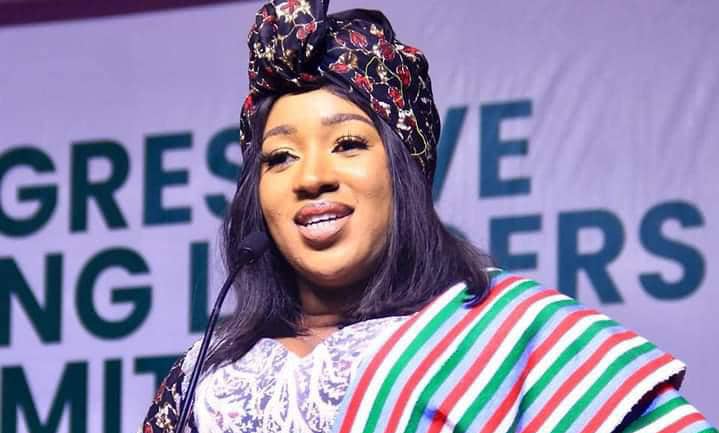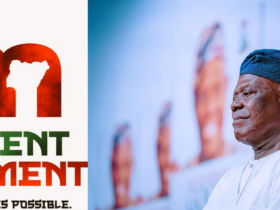
The unfolding financial corruption scandal within the Federal Ministry of Humanitarian Affairs and Poverty Alleviation continues to raise questions, with recent revelations suggesting that Minister Betta Edu disbursed a sum of N585,198,500.00 into a personal account.
A circulating document, purportedly signed by Edu and addressed to the Office of the Accountant-General of the Federation, indicates that the Minister directed the disbursement of the aforementioned amount to an individual named Oniyelu Bridget.
The document further discloses that the payment, intended for vulnerable groups in Akwa Ibom, Cross River, Ogun, and Lagos states, was credited to Oniyelu’s account. In response to these allegations, Rasheed Zubair, the Special Assistant on Media and Publicity to the Minister, defended the transaction.
Zubair asserted that the N585.198 million payment adhered to due process, emphasizing that it was allocated for vulnerable groups in Akwa Ibom, Cross River, Ogun, and Lagos states.
He clarified that the payment was made to Oniyelu Bridget because she currently serves as the Project Accountant of Grants for Vulnerable Groups.
READ ALSO: Refineries Not Created To Reduce Petrol Price – Mele Kyari to Senate
“For the avoidance, the said N585m was approved, and it is meant to implement grants to vulnerable groups in Akwa Ibom, Cross River, Ogun, and Lagos states.
“We must note that GVG was first launched in Kogi State, where recipients testified. Akwa Ibom and Cross River were launched in December 2023. Kogi already happened in November, and others will be launched in the coming weeks.
“The general public is invited to note that the Renewed Hope Grant for Vulnerable Groups is one of the social intervention schemes of the Federal Government, which the Ministry of Humanitarian Affairs and Poverty Alleviation is implementing.
“Oniyelu Bridget is the Project Accountant for GVG from the Department of Finance, and it is legal in civil service for a staff, the project accountant, to be paid, use the same funds legally and retire the same with all receipts and evidence after the project or programme is completed”, he stated.
In the meantime, the unfolding developments sparked a buzz on social media, leaving Nigerians perplexed about the allocation of a substantial amount of the Federal Government’s funds to an individual’s account.
DAILY POST has learned that the financial regulations established in 2009 within the public sector explicitly forbid the transfer of public funds to the private account of an individual.
Section 713 of the law states, “Personal money shall in no circumstances be paid into a government bank account, nor shall any public money be paid into a private bank account. An officer who pays public money into a private account is deemed to have done so with fraudulent intention.”
Chief Bola Ahmed Tinubu recently took action by suspending Halima Shehu, the National Coordinator of the National Social Investment Programme Agency (NSIPA), just four days ago, citing alleged financial misappropriation within the agency under Edu.
Subsequently, Shehu faced detention and interrogation by the Economic and Financial Crimes Commission (EFCC) in connection to an alleged N44 billion fraud.
After a thorough investigation, the EFCC decided to freeze N30 billion that had been transferred from NSIPA’s accounts.
In a related development, Sadiya Umar-Farouq, a former Minister of the Ministry, was also summoned by the EFCC to address a financial scandal supposedly involving a contractor named James Okwete.








Leave a Reply